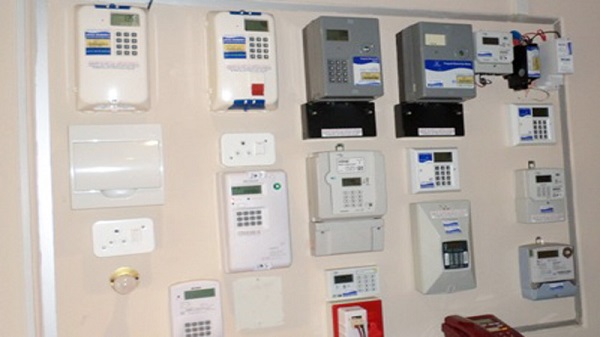Business
Govt unveils plan for DisCos, consumers over estimated electricity billing

The Nigerian government will commence regulating estimated electricity bills issued by power distribution companies to customers without meters come February.
The Nigerian Electricity Regulatory Commission (NERC) said Discos that failed to supply meters to customers would be compelled to charge a capped sum as estimated bills to their unmetered customers.
James Momoh, NERC Chairman, made the disclosure in Abuja Monday while addressing journalists, going further to say that customers without meters would only pay what the NERC allowed Discos to collect as estimated bills.
“We will do everything within our powers to ensure that electricity distribution companies provide meters through the Meter Asset Providers to their customers.
“Failure to do so, we have a back-up plan, which is one of our regulations that would be out in about a month’s time on capping.”
“In the regulation, we will put a maximum amount which the Discos can charge a customer that it had not been able to provide meter for. In fact, it would be to their advantage to provide meters.”
Read also: Electricity tariff to remain unchanged till April —ANED
The NERC Chairman was optimistic the new capping measure would encourage customers to seek meters and at the same time enable Discos to supply the facility.
“The capping issue is a win-win situation for customers to want our meters and for Discos to want to provide meters.
“The maximum we are going to allow them (Discos) to charge will not be to the advantage of power distributors in the long run,” Mr Momoh said.
The new capping regulation is coming in the wake of increase in electricity tariffs by the 11 Discos. The NERC had, in a directive to this effect, approved the new tariff regime and published it on its website last Saturday.
The NERC announced different rates for different categories of customers, all of which had been reviewed upward.
Interestingly, electricity tariffs in the country soared three times in the four years between 2015 and 2019. The rates grew by over three hundred per cent within the period with an average electricity tariff skyrocketing from N12 kWh to N32 kWh.
Join the conversation
Support Ripples Nigeria, hold up solutions journalism
Balanced, fearless journalism driven by data comes at huge financial costs.
As a media platform, we hold leadership accountable and will not trade the right to press freedom and free speech for a piece of cake.
If you like what we do, and are ready to uphold solutions journalism, kindly donate to the Ripples Nigeria cause.
Your support would help to ensure that citizens and institutions continue to have free access to credible and reliable information for societal development.






















